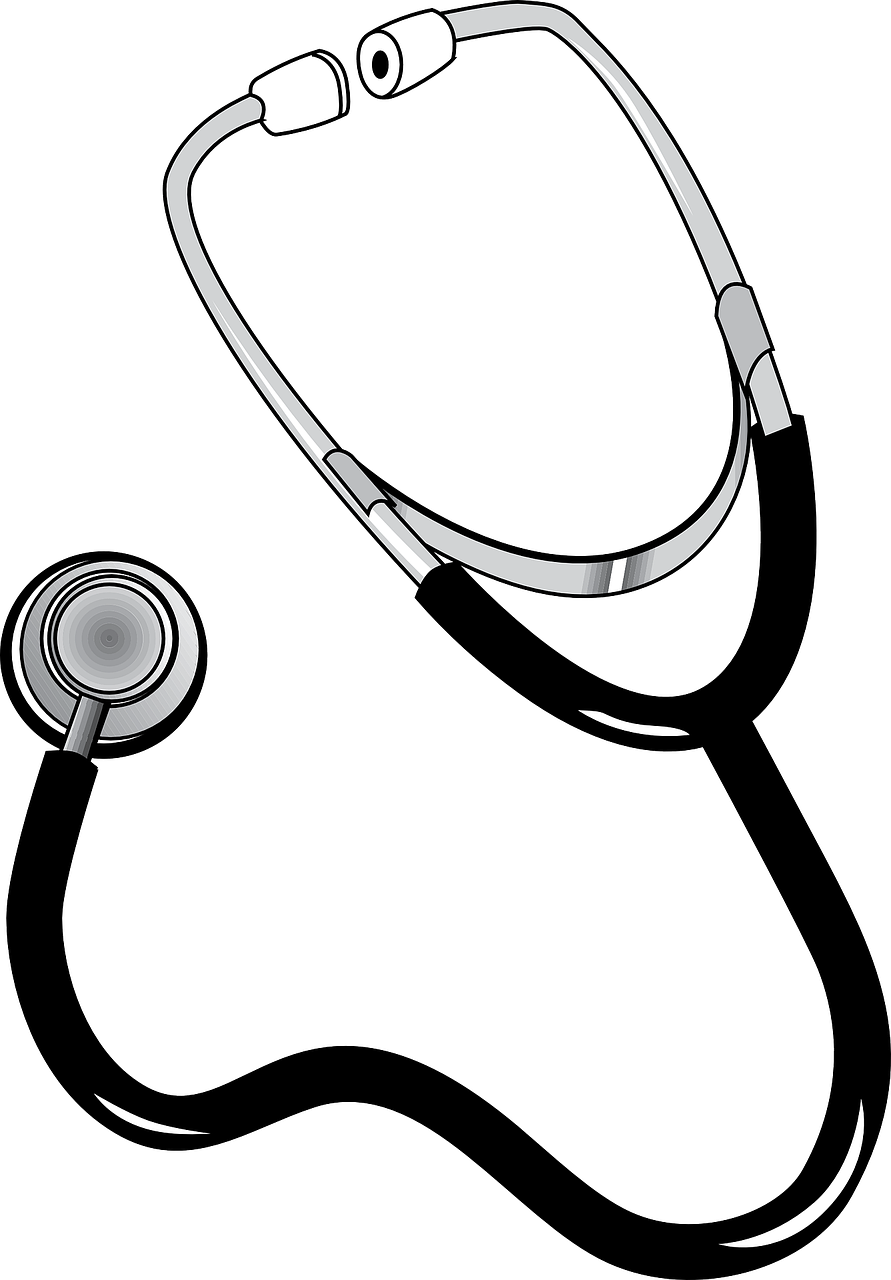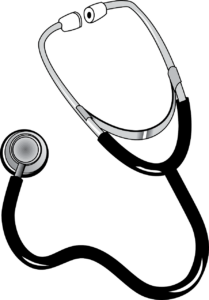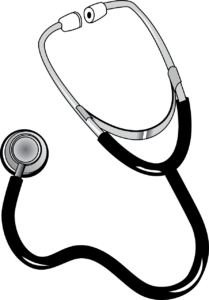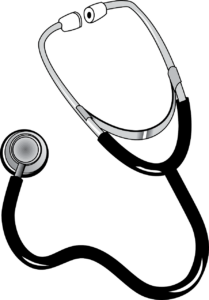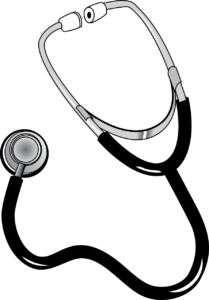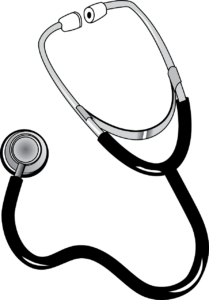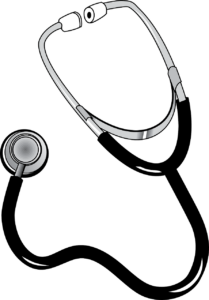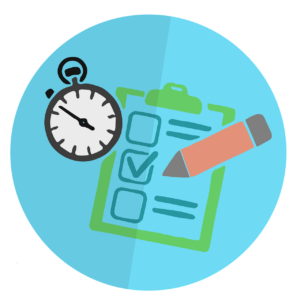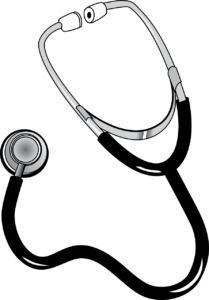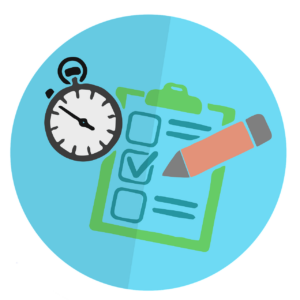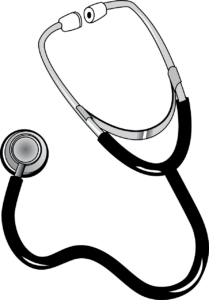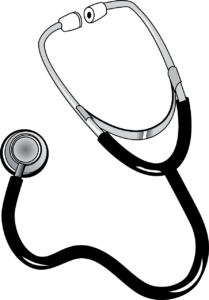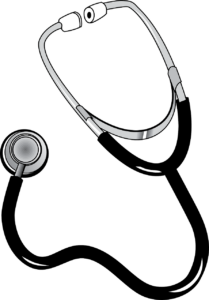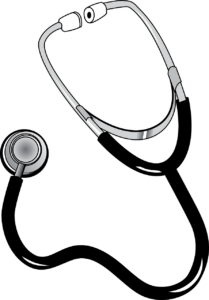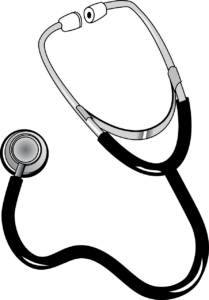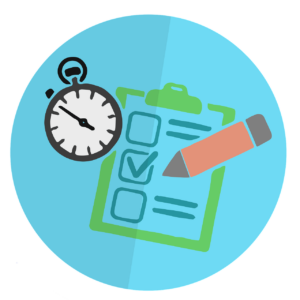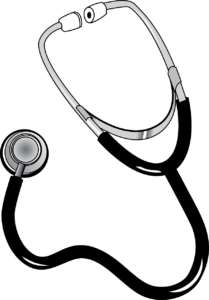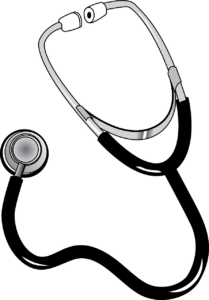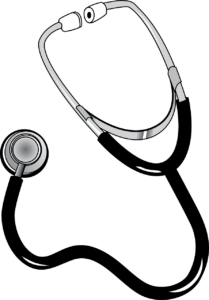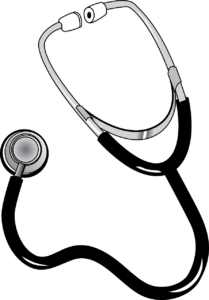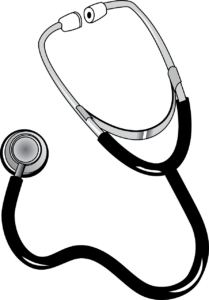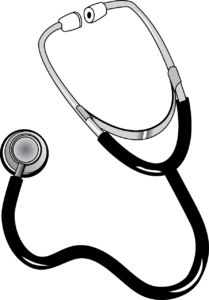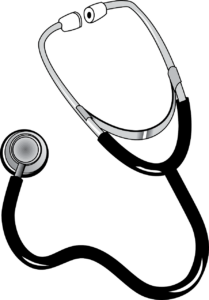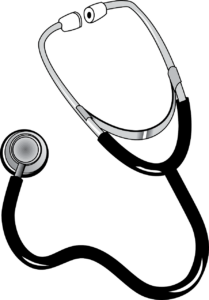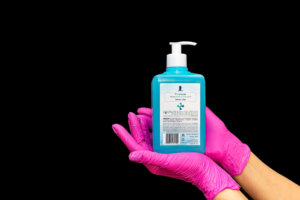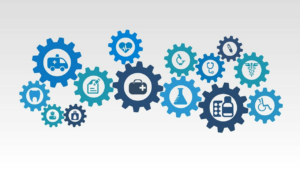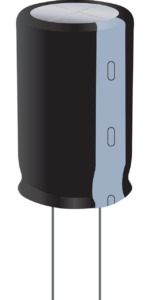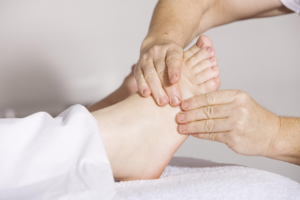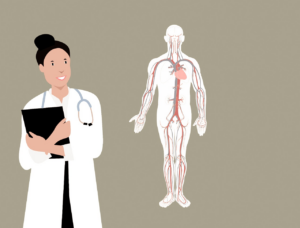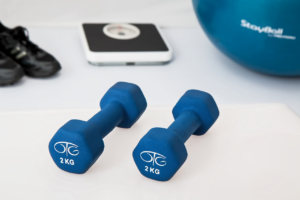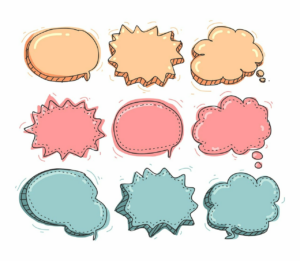Are you preparing for the Essentials of Nursing Care Health Safety Practice Exam? If so, you’re likely feeling a mix of excitement and anxiety. While passing this exam is crucial for your career, it can also be quite challenging.
Fortunately, with the right study materials and strategies, you can increase your chances of success.
In this article, we’ll discuss some key study materials you can use to prepare for the Essentials of Nursing Care Health Safety Practice Exam. We’ll cover everything from textbooks to practice exams, as well as effective study habits and ways to seek assistance from peers and mentors.
By following these tips, you’ll be well on your way to acing this important exam and advancing your nursing career.
Key Takeaways
- Recommended textbooks provide in-depth explanations.
- Practice exams are essential to prepare for the actual exam and help gauge the level of knowledge.
- Continuing education is crucial for maintaining nursing license and gaining new knowledge and skills.
- Understanding emerging health and safety issues is important for protecting patients and providing best possible care.
Understand the Exam’s Key Concepts
Don’t miss out on understanding the key concepts of the nursing care health safety practice exam – it’s essential for success!
The key concepts overview is a vital aspect of the exam, and it’s essential to understand them to ensure your success. These concepts will serve as the foundation for the entire exam and will guide you in answering questions correctly.
The importance of understanding the key concepts cannot be overstated. It’ll help you identify the core elements of the exam and prepare accordingly. Furthermore, it’ll give you an edge over other candidates who may not have put in the effort to understand these concepts.
Take the time to review these concepts thoroughly, and you’ll be well on your way to acing the nursing care health safety practice exam.
Utilize Textbooks and Other Learning Materials
When preparing for the essentials of nursing care health safety practice exam, you should consider utilizing a variety of learning materials to reinforce your understanding of key concepts.
Recommended textbooks are a great starting point and can provide in-depth explanations of nursing care procedures and safety practices.
Additionally, online courses and tutorials, as well as educational videos and podcasts, can offer alternative ways to learn and help you stay engaged with the material.
Recommended Textbooks
You’ll want to check out these recommended textbooks for your essentials of nursing care health safety practice exam. These textbooks are highly recommended by nursing professionals and have proven to be effective study materials for nursing students.
Here are three textbook recommendations to consider:
-
Fundamentals of Nursing by Potter and Perry: This textbook provides comprehensive coverage of nursing fundamentals, including health promotion, nursing process, and patient education. It also includes case studies to help you apply the knowledge you’ve learned.
-
Nursing Diagnosis Handbook by Ackley and Ladwig: This textbook is a go-to resource for nursing diagnosis and care planning. It includes detailed information on over 800 diseases and disorders, as well as recommended interventions and outcomes for each one.
-
Pharmacology and the Nursing Process by Lilley, Rainforth Collins, and Snyder: This textbook is a great resource for learning about pharmacology as it relates to nursing practice. It covers drug classifications, drug interactions, and nursing considerations for administering medications.
By comparing and contrasting these textbooks, you can find the one that works best for your learning style and needs. Consider purchasing one or all of these recommended textbooks as a valuable addition to your study materials for the essentials of nursing care health safety practice exam.
Online Courses and Tutorials
Get ready to level up your nursing skills with these awesome online resources! With self-paced learning, you can take as much time as you need to truly understand the material.
There are many online courses and tutorials available that cover a wide range of nursing topics, from basic health and safety practices to more advanced procedures. One great place to start is with the American Nurses Association’s online learning modules. These modules cover a variety of topics, including medication administration, infection control, and patient safety.
Another excellent resource is the National Council of State Boards of Nursing’s Nursys e-learning center. Here, you can find courses on everything from ethics to cultural competence. With so many options available, you’re sure to find the perfect online course or tutorial to help you improve your nursing skills.
Educational Videos and Podcasts
Immerse yourself in the world of nursing education with captivating videos and podcasts that will keep you engaged and informed. The benefits of multimedia learning are numerous, as they offer an interactive and engaging way to learn complex concepts. With a range of options available, from educational podcasts to online nursing lectures, you can choose the medium that best suits your learning style.
When searching for educational resources, it’s important to ensure that the information is credible and up-to-date. Here are some tips for finding credible educational resources:
| Tip | Description |
|---|---|
| Look for a reputable source | Choose resources from well-known educational institutions or organizations |
| Check the publication date | Make sure the information is current and relevant |
| Read reviews | Look for feedback from other learners to gauge the quality of the resource |
| Check for bias | Ensure that the information is presented objectively and without bias |
By incorporating these tips into your search, you can be confident in the quality of the educational resources you choose. So, sit back, relax, and start learning with the help of these engaging multimedia resources.
Take Practice Exams
Don’t miss out on the opportunity to improve your nursing skills by taking practice exams. Practice strategies and exam simulation are essential for nursing students to prepare for their future careers.
These exams can help students gauge their level of knowledge and identify areas that need improvement. Practice exams are designed to mimic the real thing, giving students a chance to experience the pressure and time constraints of a real exam. This can help them develop effective study strategies and improve their test-taking skills.
Additionally, taking practice exams can increase a student’s confidence and reduce anxiety when it comes time to take the actual exam. So, don’t hesitate to take advantage of these resources and take as many practice exams as possible to enhance your nursing skills.
Develop Effective Study Habits
You can easily boost your nursing skills by developing effective study habits that work best for you. Studying effectively requires more than just sitting down and reading through textbooks. It involves managing your time effectively and creating an environment that is conducive to learning. The first step to developing effective study habits is to identify the best time for studying. Some people are more productive in the morning, while others are more alert during the night. Figure out the time of day that works best for you and schedule your study sessions accordingly.
Another key aspect of effective studying is creating the right study environment. This means finding a quiet and comfortable place to study where you can concentrate without distractions. A cluttered study space can be distracting and reduce your productivity, so make sure to keep your study area organized and clean. Lastly, taking breaks during your study sessions can help to increase your productivity. Use your break time to relax, recharge, and refocus your mind. Developing good study habits takes time and practice, but with the right attitude and approach, you can improve your nursing skills and succeed in your career.
| Time Management | Study Environment | |||
|---|---|---|---|---|
| Identify the best time for studying | Find a quiet and comfortable place to study | |||
| Schedule study sessions accordingly | Keep your study area organized and clean | |||
| Take breaks during study sessions | Reduce distractions to increase productivity | Use effective study techniques and methods | such as summarizing, note-taking, and active reading strategies |
Seek Assistance from Peers and Mentors
Make sure to seek out assistance from your peers and mentors to improve your nursing skills and gain valuable insights from experienced professionals.
Peer support can be a valuable resource for nursing students who are trying to navigate through the challenges of nursing school. Your peers can provide you with emotional support, study tips, and feedback on your performance. They can also help you practice your nursing skills and give you an opportunity to learn from their experiences.
Mentorship is another great way to gain knowledge and insights from experienced nurses. A mentor can guide you through the challenges of nursing practice and provide you with valuable feedback on your performance. They can also help you develop your nursing skills and provide you with opportunities for professional growth.
By seeking out mentorship, you can gain a deeper understanding of the nursing profession and learn how to provide high-quality care to your patients.
So, don’t be afraid to ask for help and guidance from your peers and mentors it can make a big difference in your nursing career.
Stay Up-to-Date with Current Developments
As a nursing professional, it’s important that you stay up-to-date with current developments in the field.
This means taking advantage of professional development opportunities whenever you can, and staying current with continuing education requirements.
By doing so, you’ll be better equipped to understand emerging health and safety issues, and provide the best possible care for your patients.
Professional Development Opportunities
Don’t miss out on the numerous professional development opportunities available to nurses! These opportunities can help you stay current with the latest developments in the field of nursing and advance your career.
Continuing education is one such opportunity that can help you maintain your nursing license, while also allowing you to gain new knowledge and skills. Many nursing organizations offer continuing education courses, conferences, and workshops that can help you stay up-to-date with the latest healthcare trends.
Another way to advance your career is by taking advantage of career development opportunities. This can include attending leadership workshops, networking events, or even pursuing an advanced degree. By investing in your own career development, you can become a more valuable member of the healthcare team and open up new opportunities for yourself in the field of nursing.
Remember, staying up-to-date with current developments and investing in your own professional development are key to success in the ever-evolving field of nursing.
Continuing Education Requirements
Make sure you always meet your continuing education requirements as a nurse to stay current and knowledgeable in the ever-changing healthcare field. Continuing education is crucial in nursing, as it helps you keep up with the latest advancements, techniques, and evidence-based practices.
These requirements are set by accrediting bodies and state boards of nursing to ensure that nurses maintain their competence and provide the highest quality of care to their patients. Accreditation requirements vary by state, but in general, nurses are required to complete a certain number of continuing education hours every year.
You can achieve this by attending conferences, workshops, online courses, or pursuing advanced degrees. It’s your responsibility as a nurse to keep track of your own continuing education credits and ensure that they are reported to the appropriate accrediting bodies.
By meeting your continuing education requirements, you not only maintain your nursing license, but you also enhance your knowledge and skills, which ultimately benefits your patients and your career.
Understanding Emerging Health and Safety Issues
You’ll want to pay attention to the latest health and safety issues that are emerging in the nursing field. By keeping up with the latest trends and concerns, you can better protect your patients and provide them with the best possible care.
Two important areas you’ll want to focus on are preventing injuries and promoting wellness, as well as understanding environmental hazards and occupational risks.
Preventing injuries is a crucial part of nursing care, as it can help patients avoid unnecessary pain and suffering. Some common injuries that nurses should be aware of include falls, pressure ulcers, and medication errors. To prevent these types of injuries, it’s important to assess patients regularly, provide them with adequate support and assistance, and follow safe medication practices.
Additionally, promoting wellness is an important part of nursing care, as it can help patients improve their overall health and prevent future health problems. By encouraging healthy habits like exercise and healthy eating, and educating patients about the importance of preventive care, nurses can help their patients lead healthier, happier lives.
Another crucial area for nurses to understand is environmental hazards and occupational risks. These include exposure to infectious diseases, chemicals, and other hazardous materials. To protect themselves and their patients, nurses should be familiar with proper infection control practices, use appropriate personal protective equipment, and follow safe handling procedures for hazardous materials.
By staying informed and taking proactive steps to prevent injuries and hazards, nurses can provide their patients with the safe and effective care they need and deserve.
Frequently Asked Questions
What is the passing score for the Essentials of Nursing Care Health Safety Practice Exam?
To successfully pass the Essentials of Nursing Care Health Safety Practice Exam, you must achieve a passing score, which is typically around 70%.
The exam is typically timed and consists of multiple choice questions that cover a range of topics related to nursing care, health, and safety practices.
The duration of the exam can vary depending on the specific testing center, but it usually takes around two to three hours to complete.
It’s important to prepare for the exam by studying the material thoroughly and practicing test-taking strategies to increase your chances of success.
With dedication and hard work, you can achieve your goal of passing the Essentials of Nursing Care Health Safety Practice Exam.
How long is the exam and how many questions are included?
To answer your question, the Essentials of Nursing Care Health Safety Practice Exam consists of 100 multiple-choice questions. You must answer these questions within a 2-hour time limit. This means you have around 1 minute and 12 seconds to answer each question, so it’s essential to manage your time wisely.
The exam covers various topics related to nursing care, health, and safety. Therefore, it’s crucial to review and study the materials thoroughly before taking the test. Be sure to read each question carefully and choose the best answer based on your knowledge and experience.
Remember, the more prepared you are, the more confident you’ll be when taking the exam.
Are there any specific prerequisites or requirements for taking the exam?
Before you can take any exam, there are usually prerequisites and eligibility criteria that you must meet. The same applies to the Essentials of Nursing Care Health Safety Practice Exam.
To be eligible to take the exam, you must have completed the required coursework and training. Additionally, you may be required to have a certain level of experience or be a licensed nurse.
The application process typically involves submitting proof of completion of the required coursework, transcripts, and any necessary licenses or certifications. Once you have met the prerequisites and eligibility criteria and completed the application process, you’ll be able to take the Essentials of Nursing Care Health Safety Practice Exam.
Is there a limit to the number of times a person can take the exam?
If you’re wondering about the exam retake policy and exam preparation tips, you should know that some exams have limits on how many times you can take them. However, this can vary depending on the specific exam and the organization administering it. It’s important to check with the organization to find out their retake policy before you start studying for the exam.
As for exam preparation tips, it’s a good idea to review the exam content carefully and make a study plan that covers all the necessary topics. You should also consider using practice tests and study guides to help you prepare. Finally, be sure to get plenty of rest and eat well in the days leading up to the exam to ensure that you’re in top form on exam day.
Are there any other resources available besides textbooks and practice exams to prepare for the Essentials of Nursing Care Health Safety Practice Exam?
Looking to prepare for your upcoming nursing exam and wondering if there are any other resources besides textbooks and practice exams available?
Absolutely! Alternative resources such as online study groups, video tutorials, and interactive quizzes can provide a more engaging and varied approach to studying.
Additionally, understanding the exam format can give you a better idea of what to expect and how to prepare. Be sure to review the exam guidelines, format, and any sample questions provided to familiarize yourself with the structure of the exam.
By utilizing a variety of resources and understanding the exam format, you can feel confident and well-prepared for your upcoming nursing exam.
Conclusion
Congratulations! You’ve learned the essentials of nursing care health safety practice exam.
As a nursing student, you’re well aware that passing exams isn’t just about memorizing facts, but rather understanding key concepts.
You’ve learned how to effectively use textbooks and other learning materials to your advantage, as well as the importance of taking practice exams to prepare for the real thing.
Moreover, you’ve developed effective study habits and sought assistance from peers and mentors to improve your understanding of the subject matter.
You understand that staying up-to-date with current developments in the field is crucial to your success as a nurse.
By following these key study materials, you’re well on your way to becoming a successful nurse who’s able to provide high-quality care to patients.
Keep up the great work!




